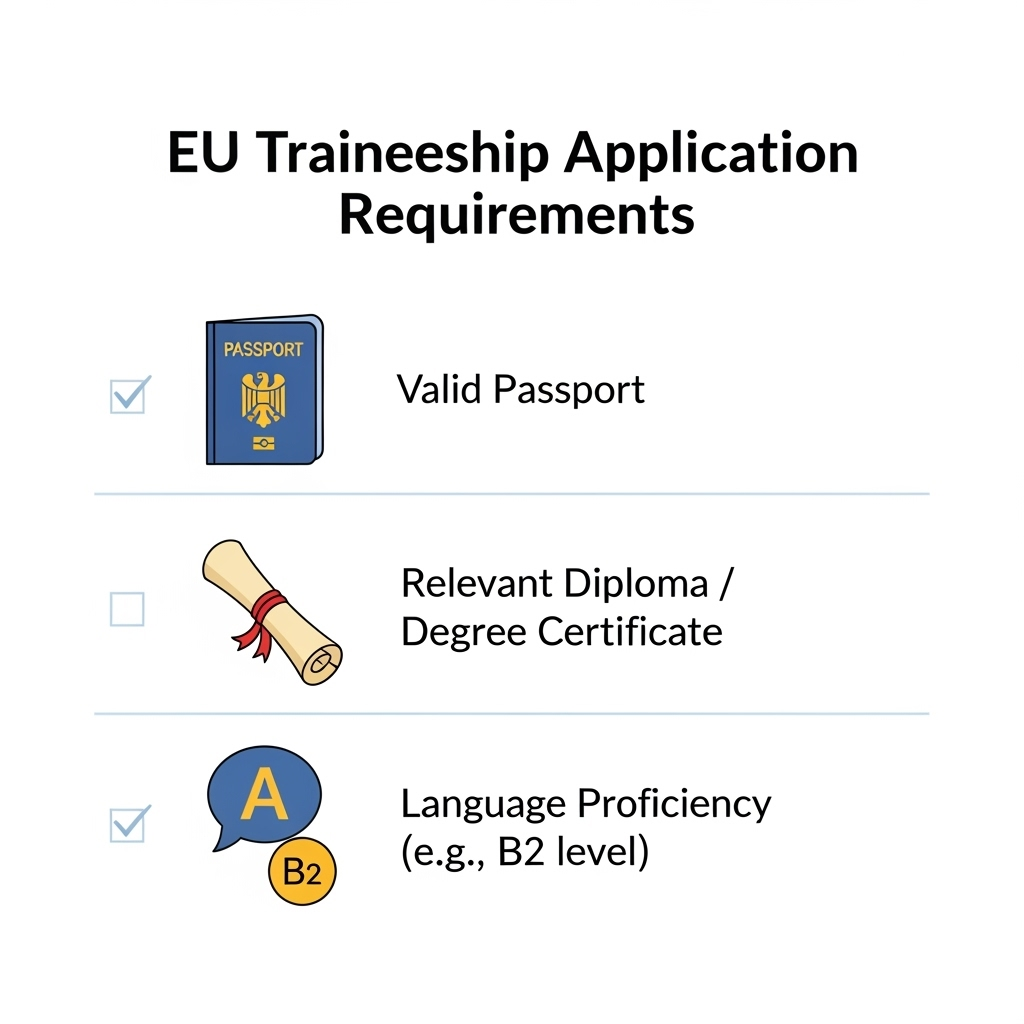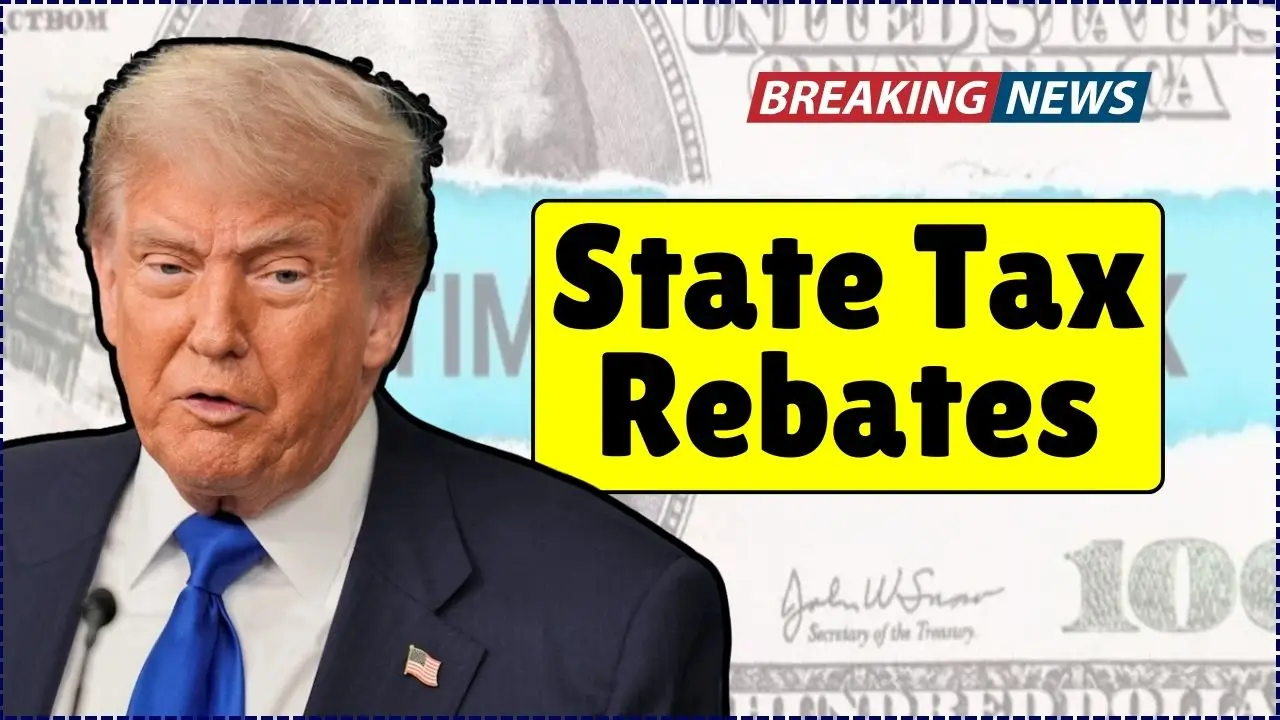The European Union Council Traineeships 2025 program offers a career-defining opportunity to immerse yourself in the heart of European policymaking. If you’re a recent graduate with a passion for international affairs, law, or public administration, you’ve likely dreamt of this moment. The application process can feel daunting, but it doesn’t have to be. This guide will walk you through every step, providing the clarity and confidence you need to submit an application that truly stands out.

European Union Council Traineeships 2025
| Key Feature | Details |
| Location | General Secretariat of the Council (GSC) in Brussels, Belgium. |
| Duration | 5 months. Two periods: Feb-Jun (Autumn session) & Sep-Jan (Spring session). |
| Stipend | Yes, it’s a paid traineeship. The amount is updated periodically to reflect living costs. |
| Eligibility | EU citizenship and completion of at least the first cycle of a higher education course. |
The European Union Council Traineeships 2025 program is more than a line on your CV; it’s a gateway to understanding the intricate dance of modern diplomacy and governance. The application requires effort, but the reward is an unparalleled experience at the heart of Europe. Council Traineeships.
What Exactly is a Council Traineeship?
Often confused with the European Commission’s “Blue Book” traineeship, the Council traineeship is a unique beast. You’ll be working within the General Secretariat of the Council (GSC), the body that assists the European Council and the Council of the EU. Think of the GSC as the administrative engine room that supports the meetings of EU leaders and ministers.
As a trainee, you’re not just making coffee or copies. You will be assigned to a specific department—from legal services to communications or economic policy—and given real responsibilities. This could include:
- Preparing research briefs and notes for meetings.
- Assisting with the organization of high-level working groups.
- Drafting minutes and reports.
- Attending and reporting on committee meetings.
It’s an unparalleled opportunity to gain first-hand experience of the EU’s legislative and political processes. You’ll witness how member states negotiate, compromise, and shape the policies that affect millions of Europeans.
Are You Eligible for the 2025 Intake?
Before you spend hours perfecting your application, let’s ensure you meet the fundamental requirements. The eligibility criteria are strict, so review them carefully.
The Non-Negotiables
- Nationality: You must be a citizen of one of the 27 EU Member States.
- Education: You must have completed at least the first cycle of a university degree (a Bachelor’s or equivalent) and obtained your diploma.
- No Prior EU Experience: You cannot have already completed more than 6 weeks of any kind of in-service training or employment with an EU institution, body, agency, or office.
- Languages: This is crucial. You need a very good knowledge of two official EU languages. In practice, this usually means English and French, as they are the primary working languages of the GSC. A C1 level or higher in your first language (often English or French) and at least a B2 in your second is the standard to aim for.

European Union Council Traineeships 2025 Application Guide
Alright, you’ve confirmed you’re eligible. Now for the main event: building an application that gets you noticed. The process is competitive, but a methodical and thoughtful approach will set you apart.
Step 1: Mark Your Calendar: Key Dates
The Council offers two traineeship periods each year. While the exact dates for the European Union Council Traineeships 2025 are announced closer to the time, the application windows are generally consistent:
- Autumn Session (February to June 2025): Applications typically open in August/September 2024.
- Spring Session (September 2025 to January 2026): Applications typically open in February/March 2025.
Step 2: Crafting a Winning Application
Your online application form is your one and only chance to make a first impression. It’s composed of several parts, but your focus should be on the section covering your motivation and skills.
I’ve seen many talented applicants get rejected because they rushed this stage. The key is not just what you’ve done, but how you present it.
The Motivation Section: Your Personal Pitch
This is the most important part of your application. The selection committee reads thousands of these, so a generic “I am passionate about the EU” statement won’t cut it. Your goal is to connect your personal story, academic background, and career aspirations directly to the work of the Council of the EU.
Ask yourself these questions to guide your writing
- Why the Council? Don’t just talk about the EU in general. Why are you specifically interested in the Council’s role as a co-legislator and a forum for intergovernmental cooperation? Mention a specific policy area (e.g., the Green Deal, digital sovereignty) that the Council works on and link it to your studies or experience.
- What can you offer? What specific skills (analytical, linguistic, organizational) do you bring? Provide a concrete example. Instead of saying “I have good research skills,” say “During my dissertation on EU trade policy, I analyzed over 50 primary source documents to synthesize a 10,000-word report, demonstrating my ability to handle complex information.”
- What do you hope to gain? Show that you have a clear vision. How will this traineeship contribute to your future career goals, whether in national diplomacy, an international organization, or the private sector?
Step 3: The Waiting Game and Selection
After you submit your application, the process unfolds in several stages:
- Pre-selection: An initial screening checks for eligibility.
- Assessment: Eligible applications are evaluated and scored based on criteria like educational background, language skills, and the quality of your motivation statement.
- The “Virtual Blue Book”: The highest-scoring candidates are placed in a database accessible to all departments within the GSC.
- Placement: Directors and heads of unit search the database for trainees whose profiles match their department’s needs. They then conduct short phone or video interviews before making a final offer.
What Makes a Standout Candidate? Insider Tips
Beyond ticking the boxes, what truly elevates an application from good to great? From my experience advising aspiring trainees, a few things consistently make a difference.
- Show, Don’t Just Tell: Anyone can claim to be a “team player.” Provide evidence. Talk about a specific university project or volunteer experience where you collaborated with a diverse group to achieve a common goal.
- Demonstrate Niche Knowledge: If you have expertise in a highly relevant field—like cybersecurity, climate law, or a specific region’s geopolitics—highlight it. The GSC needs specialists, not just generalists.
- Proofread Relentlessly: A single typo can signal a lack of attention to detail, a fatal flaw for a role that requires precision. Read your application aloud, use a grammar checker, and then have someone else read it.

Life as a Trainee: Beyond the Office
Your five months in Brussels will be an incredibly enriching experience both professionally and personally. The GSC has a vibrant trainee community that organizes social events, cultural outings, and networking sessions. You’ll build a network of friends and future colleagues from across the continent.
Brussels itself is a dynamic, multicultural city. Take the time to explore its beautiful parks, quirky museums, and, of course, its legendary food scene. This is your chance to live and breathe Europe.
A Comprehensive Guide to the Free State of Bavaria One Year Scholarships 2026
Launch Your Career: Your Ultimate Guide to the Telesat Women Scholarship 2025
FAQs
Q1:Is there an age limit for the Council traineeship?
No, the traineeship program does not have an official age limit. It is primarily designed for recent university graduates to gain professional experience. Applications are judged on merit, qualifications, and motivation, regardless of the candidate’s age.
Q2:Can I apply if I haven’t received my final diploma yet?
Yes, you can typically apply if you are in your final year of university. However, you must have successfully completed your studies and be able to provide the official diploma or certificate before the traineeship begins. Always verify the specific requirements for the session you are applying for on the official website.
Q3:How competitive is the traineeship and what are the chances of being selected?
The Council traineeship is highly competitive. Each session receives several thousand applications for a limited number of positions (around 100 per session). While exact selection rates vary, a strong academic background, relevant experience, excellent language skills, and a compelling motivation statement are crucial to stand out.
Q4:How much is the monthly stipend for trainees?
The traineeship is paid. The grant is intended to cover living costs in Brussels and is updated periodically. For recent sessions, the monthly grant has been approximately €1,340. The precise amount for the 2025 traineeships will be published on the official Council website. Trainees may also be eligible for a travel allowance.
Q5:Can this traineeship lead to a permanent job at the Council?
The traineeship itself does not guarantee a permanent position within the EU institutions. Its purpose is to provide professional experience. However, the skills, knowledge, and network you gain are a significant advantage for your future career. To secure a permanent role, you must pass an open competition organized by the European Personnel Selection Office (EPSO).
Q6:What level of French and English is realistically required?
While the requirement is a “very good knowledge” of two official EU languages, the primary working languages of the General Secretariat are English and French. To be a competitive candidate and to participate fully in the work, a C1 level (proficient) in one of these two and at least a B2 level (upper-intermediate) in the other is highly recommended.










